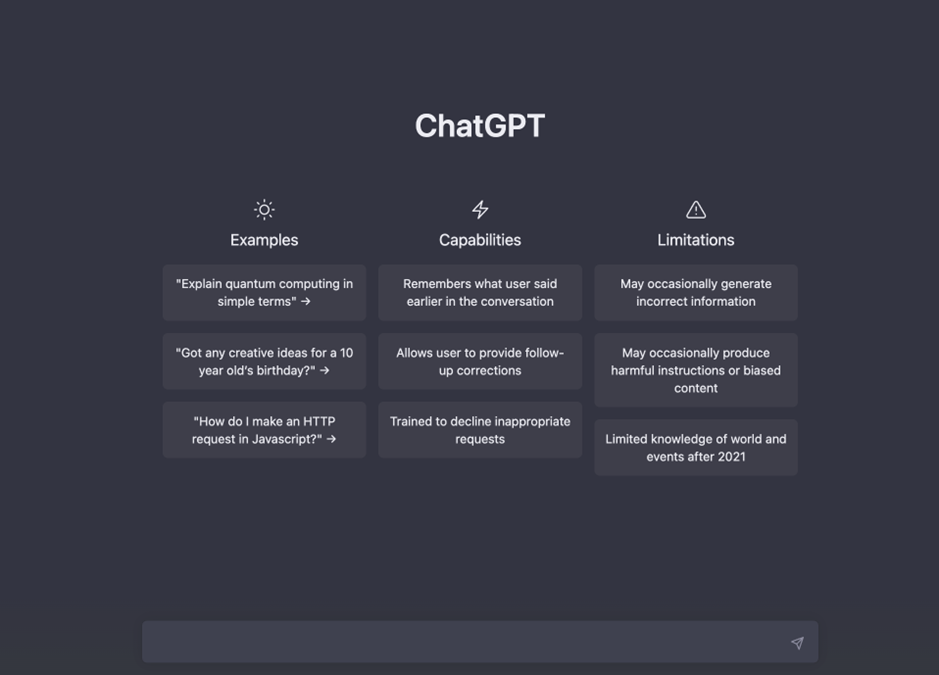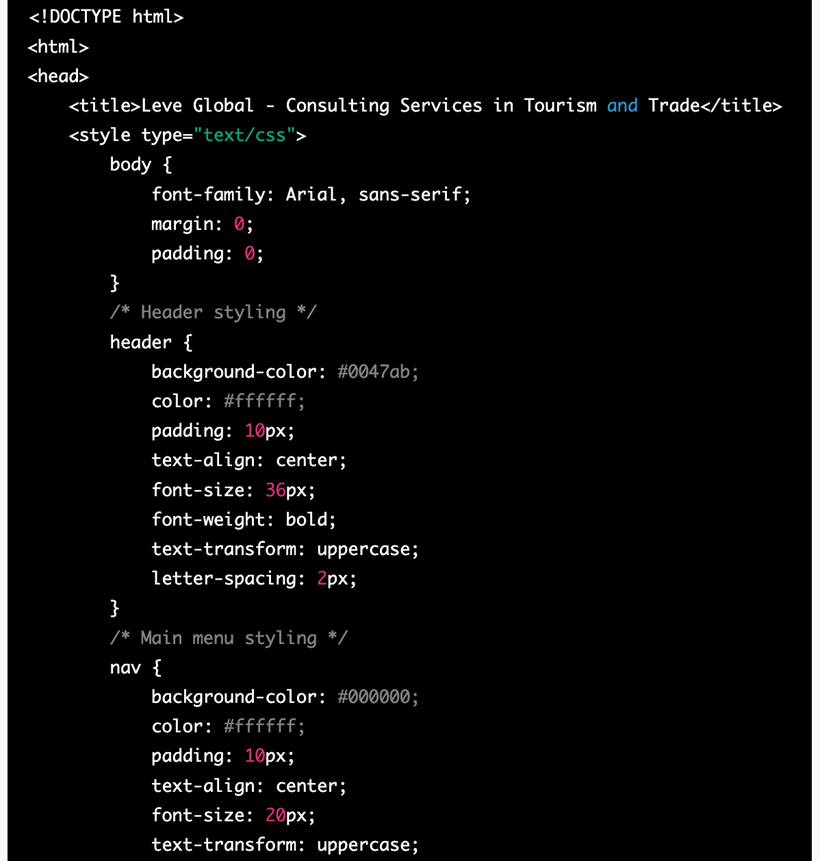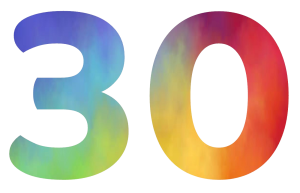Share
What is ChatGPT and Should the Travel and Tourism Industry Take it Seriously?

There is a paradigm shift taking place in the travel and tourism industry according to Dr. Auliana Poon, Managing Director of Tourism Intelligence International. She asserts that the travel and tourism industry is rapidly and radically transforming and that change is being driven by the knowledgeable and demanding consumers, who she calls the Almighty Customers because of the power they wield. She also affirms that technology is facilitating the paradigm shift and one of the latest technologies that is truly rapidly and radically changing the travel and tourism industry today, is Artificial Intelligence.
One of the most promising AI technologies is ChatGPT, an advanced language model that can understand and respond to human language in a way that feels natural and intuitive.
In this blog post, we will explore what ChatGPT is and how it is transforming the world as we know it. We will discuss how ChatGPT can help reduce time and improve efficiency, generate ideas for new products and services, create content for social media and marketing, analyze data, generate programming code, and assist in HR and recruitment. Additionally, we will examine other potential applications of ChatGPT in the industry, such as translation, providing local recommendations, detecting fraud, and enhancing accessibility for travellers with disabilities.
Join us on this exciting journey as we explore the power of ChatGPT and how it can revolutionize the travel and tourism industry.
An Introduction to ChatGPT (for those living under a rock)

For those of you living under a rock and might not have heard about ChatGPT then have no fear, we’re here to help you understand what it is and how it will revolutionize your business, the entire travel and tourism industry, and the world as we know it. ChatGPT / ChatGPT3, short for “Generative Pre-trained Transformer 3”, is an advanced AI language model that was created by OpenAI, funded by the likes of Sam Altman and Elon Musk, to name a few. It is designed to understand and respond to human language in a way that feels natural and intuitive.
AI is the technology that powers ChatGPT and many other intelligent machines. It enables them to perform tasks that would normally require human intelligence, such as language understanding, decision-making, and problem-solving. AI has come a long way in recent years, thanks to advancements in machine learning, deep learning, and neural networks.
But what sets ChatGPT apart from other AI systems is its ability to converse with humans in a natural and engaging way. Users can ask it questions, tell it jokes, or even ask for advice (although it can’t promise it will be good advice). And the more users talk to ChatGPT, the better it becomes at understanding their language and preferences.
Think of ChatGPT as a tour guide for the world of AI. It can show users the exciting possibilities of AI in industries like healthcare, finance, and of course, travel and tourism.
Since ChatGPT was made public in late 2022, the platform now has over 100 million users, and Leve Global predicts that it will reach 1 billion users by the end of 2023. With its ability to understand and respond to human language, ChatGPT can be used for a wide range of applications, from chatbots and virtual assistants to content creation, data analysis, coding, and even HR and recruitment.
ChatGPT was trained on 175 Billion data parameters. And therefore, has a extremely large pool of data (this is beyond big data) to pull from to generate answers to most of your questions. Move over Google, ChatGPT might very well take your job. This is why Google has been on red alert and scrambling to come up with it’s own alternative to ChatGPT, BARD (which was an epic disaster). Let’s see where that goes. And as this article is being written, we are on the cusp of ChatGPT4, which promises to be even bigger, better, faster and more intuitive that GPT3.
How Does ChatGPT Work?
Using prompts (text you input into ChatGPT), users can ask questions or give commands to ChatGPT and the intuitive AI program will respond accordingly. Prompts can be as simple as, “How to make a chocolate cake?” or more complexed, requiring follow up questions/commands. An example of a complexed prompt could be, “Generate a PHP code for the layout and design of a web page for a business called Leve Global that provides consulting services in the areas of tourism and trade to businesses, destinations and governments all around the world. Use hex colours #0047ab, #000000, #ffffff and #FFC000 as the main branded colours. The page would have a main menu (Services, Cases, About, Global, Clients, Testimonials, Blog), a footer containing a disclaimer (please generate disclaimer) and the company address (8 Dove Drive, Pax Vale, Santa Cruz, Trinidad). The page should be divided into three sections – About Leve Global, Our Services and Cases in addition to the main menu and footer”. You get the idea.
Here’s a snippet of what the results for my complexed prompt looks like:

Limitations of ChatGPT
While ChatGPT is a powerful tool, there are some limitations to consider as follows.
- Limited knowledge: Since ChatGPT was trained up to 2021, it can only give answers based on that data. Any new and updated information beyond 2021 will not be considered by the AI program, resulting in possible outdated information. The update to GPT4 will rectify this. The developers will eventually launch a product that will update in real time as the program learns.
- Limited output: The combination of prompt plus output is restricted to 4000 tokens, which means that the program can only answer your questions within the parameter of 4000 tokens. Some answers become truncated and incomplete.
- The Power of the Prompt: ChatGPT is limited by the prompt you give it. Garbage in, garbage out. Learning how to properly use prompts (prompt engineering) will help reduce this limitation.
- Lack of Common Sense: ChatGPT lacks common sense and may provide nonsensical or incorrect answers in situations where common sense is necessary.
- Biases: ChatGPT is trained on large amounts of text data from the internet, which can contain biases such as racial, gender, and cultural biases. These biases can be reflected in the language used by the model.
- Inability to Understand Context: ChatGPT may not be able to fully understand the context of a conversation, which can lead to misunderstandings and inaccurate responses.
- Inability to Learn from Experience: Unlike humans, ChatGPT cannot learn from experience or personal interactions. It relies solely on the data it has been trained on and may not be able to adapt to new situations or information.
- Lack of Emotional Intelligence: ChatGPT may not be able to recognize and respond appropriately to emotional cues or expressions, such as sarcasm or humour.
So be guided accordingly and use ChatGPT with these limitations in mind.
What is the Potential of ChatGPT in the Travel and Tourism Industry
In the travel and tourism industry, ChatGPT has the potential to transform the way travel companies interact with customers, streamline operations, and improve overall efficiency. By providing customers with faster response times, personalized recommendations, and an enhanced user experience, ChatGPT can help travel companies stay competitive in today’s fast-paced market.
And the ChatGPT AI-powered technology should not be ignored. Consider that ChatGPT’s user adoption was the fastest in software history. It surpassed 1 million users in the first week. And as at January 31st 2023, there were over 100 million users and exponentially growing (faster than Google, Facebook, Instagram, Twitter, and Amazon). This new paradigm is “marked by rapid diffusion… throughout every aspect of production and material life in modern societies as a the whole, according to Tourism, Technology and Competitive Strategies, Dr. Auliana Poon (1988). And rest assured that the rapid diffusion will spread amongst consumers and producers alike. So, if you do not want to be left behind; if you do not want to become out-of-touch with your customers; and if you want to keep up with your competitors, you have to start taking AI and ChatGPT seriously.
But as with all things, there are potential drawbacks to consider. Will AI lead to job displacement in the industry? What about privacy and security concerns? And what ethical considerations should we be aware of?
The rapid transformation of the travel and tourism industry requires constant innovation to keep up with the ever-evolving market trends. With the introduction of artificial intelligence (AI), travel companies are now better equipped than ever to meet the demands of today’s tech-savvy customers.
We would love to hear from you. Engage with us. Leave a comment below.
About the Author:
Kevon Wilson
Senior Analyst
Leve Global

Kevon Wilson, is a premier researcher and strategist. He has more than 16 years’ experience in research and digital marketing.
He is co-author of many of Leve Global’s research publications such as Big Data – Delivering the Big Picture to Drive Competitiveness, Everything You Need to Know About Internet Marketing, and The Top Ten Emerging Markets.
